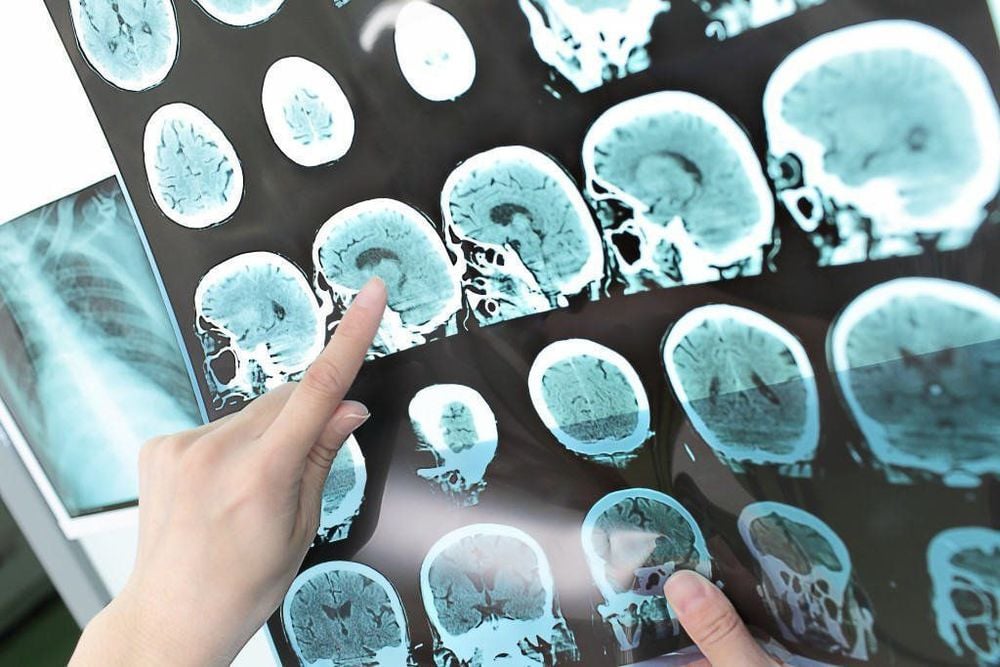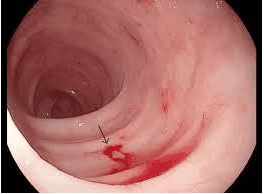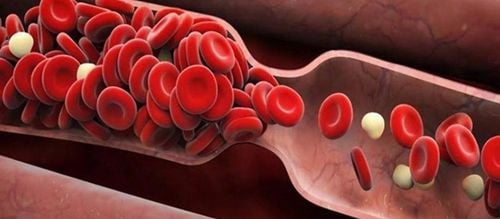This is an automatically translated article.
The article was consulted with Dr. Nguyen Van Duong - Interventional Cardiologist - Cardiovascular Center - Vinmec Central Park International General Hospital.Degenerative vascular disease is a rare disease that occurs when an abnormal protein, called amyloid, builds up in blood vessels or organs and causes impaired function. Blood vessels in organs that may be affected include the brain, heart, kidneys, liver, spleen, nervous system, and digestive tract.
1. What is powdery degenerative vascular disease?
Amyloid angiopathy English name amyloid angiopathy. Amyloids are a group of proteins that are fibrous, insoluble, and structurally different from normal proteins in the body.Because of such abnormal structure, amyloid proteins cannot interact well with other normal proteins. Therefore, when amyloid is deposited in the walls of blood vessels or in any organs, there is a risk of causing disease.
There are different types of amyloid proteins according to structural abnormalities that cause disease in different organs, for example: beta-amyloid protein causes dementia (Alzheimer's), alpha-synuclein protein causes dementia Parkinson's disease, IAPP (Amylin) causes type 2 diabetes, lipoprotein (a) causes scleroderma, serum amyloid A causes arthritis,...
The amyloid protein that causes amyloidosis is cystatin. This protein is deposited in the walls of blood vessels and causes damage to the walls of blood vessels, usually small to medium sized blood vessels, most commonly in the brain and meninges. Over time, the walls of blood vessels cannot withstand the pressure of blood flow, weaken and then burst and cause symptoms of bleeding. Depending on which organ the powdery blood vessels are in, the symptoms are caused in that organ.

2. Symptoms of amyloid angiopathy
Signs and symptoms of amyloid angiopathy are often not apparent until the disease is advanced. Signs and symptoms of amyloidosis depend on which organs are affected and include:2.1 Blood vessels under the skin Bruising, and burgundy patches around the eyes.
2.2 Cerebral Vascular This is where amyloid is usually deposited. Cerebral amyloid angiopathy is an important cause of cerebral hemorrhage in the elderly. Because the common feature of cerebral hemorrhage due to amyloid vessels is small hemorrhages, scattered in the brain parenchyma and subcortical, clinical symptoms usually manifest slowly and not aggressively.
Patient only complains of headache, tinnitus, dizziness, choking, slurred speech, cognitive decline, loss of mental working capacity, visual disturbances,
2.3 Pulmonary vessels Coughing up blood, difficulty breathing, wheeze.
2.4 Gastrointestinal blood vessels Gastrointestinal bleeding, abnormal motility of the esophagus, small intestine and large intestine.

3. Diagnosis of starch vascular disease
Diagnosis of amyloid angiopathy is based on biopsy of damaged organ tissue. Then, the biopsy sample was subjected to immunohistochemistry or immunofluorescence.In addition, patients with amyloid angiopathy also need tests to evaluate the function of organs such as heart, liver, kidneys, and lungs.
The treatment of cerebral hemorrhage in powder form mainly focuses on the treatment of symptoms such as: fighting cerebral edema with mannitol, mechanical ventilation, lying with the head elevated..., giving drugs to protect brain cells, ensuring breathing adequate breathing, circulation, nourishment, etc. In addition, it is necessary to control well the cases of co-morbidities such as: hypertension, diabetes, chronic cardiopulmonary disease.
Please dial HOTLINE for more information or register for an appointment HERE. Download MyVinmec app to make appointments faster and to manage your bookings easily.
Reference source: Smallseotools, mayoclinic













